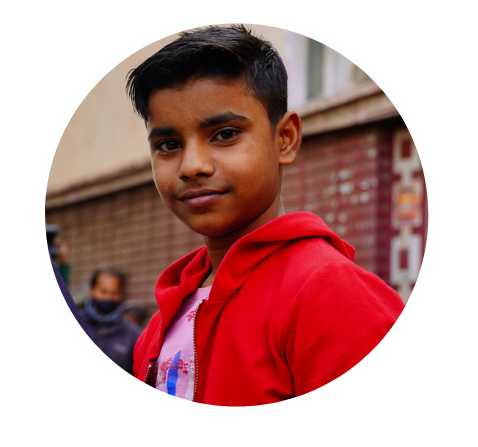
Login
Join with us
Forgot Password
Password Reset
If you have not received the OTP, please check your spam or junk folder.
With digital media over powering our lives, students, teachers, parents, professionals,our overloaded
with information .The right source of information saves us a lot of time. Witknowlearn thus aims to
reach out of every students, teachers, parents, professionals in the field of education.

Purchased Physics, Chemistry and Maths resources and fully satisfied. Each worksheet has a lot of practice questions including MCQs for revision.

Worksheets and notes from witknowlearn help me for practice and remember things not only for my school exams but also for olympiads.

Found this website on Google, This website is very useful. Took a membership plan for my child who is in grade 3. Colourful and interactive worksheets are very useful.

"WitKnowLearn is very good. It has helped me teach better. My students are understanding more now. It is also user-friendly. I am recommending to all teachers."

WitKnowLearn's math worksheets are like treasure maps for igniting kiddos' interest in math. My junior mathematicians, in 7th and 10th grade, are dazzled by the interactive lessons, Thank you for making math feel like pure magic!" 🌟🌟🌟🌟🌟

"As a Science teacher, I've used 'WitKnowLearn' for 2 years for science worksheets and notes from grades 6 to 8. I highly recommend it for quality educational materials and exceptional customer support."

"Got nursery grade Maths and Hindi worksheets from witknowlearn- impressed! Comprehensive, engaging, and perfect for my child. Highly recommend for quality learning materials."

Purchased Physics, Chemistry and Maths resources and fully satisfied. Each worksheet has a lot of practice questions including MCQs for revision.

Worksheets and notes from witknowlearn help me for practice and remember things not only for my school exams but also for olympiads.

Found this website on Google, This website is very useful. Took a membership plan for my child who is in grade 3. Colourful and interactive worksheets are very useful.

"WitKnowLearn is very good. It has helped me teach better. My students are understanding more now. It is also user-friendly. I am recommending to all teachers."

WitKnowLearn's math worksheets are like treasure maps for igniting kiddos' interest in math. My junior mathematicians, in 7th and 10th grade, are dazzled by the interactive lessons, Thank you for making math feel like pure magic!" 🌟🌟🌟🌟🌟

"As a Science teacher, I've used 'WitKnowLearn' for 2 years for science worksheets and notes from grades 6 to 8. I highly recommend it for quality educational materials and exceptional customer support."

"Got nursery grade Maths and Hindi worksheets from witknowlearn- impressed! Comprehensive, engaging, and perfect for my child. Highly recommend for quality learning materials."

Purchased Physics, Chemistry and Maths resources and fully satisfied. Each worksheet has a lot of practice questions including MCQs for revision.